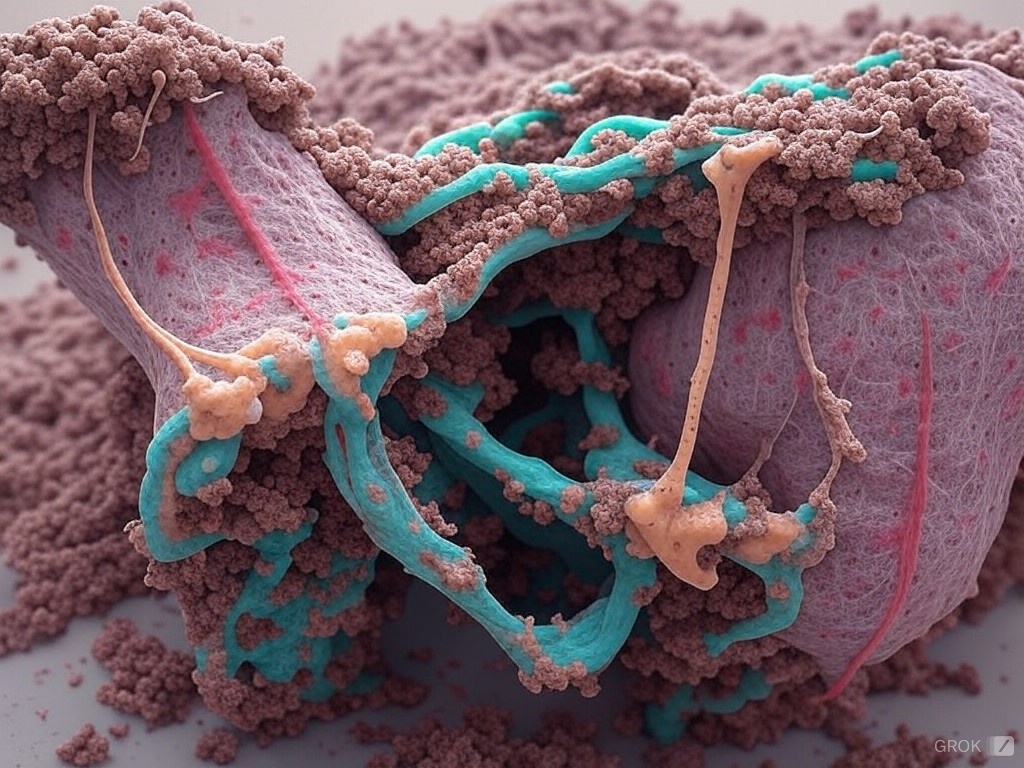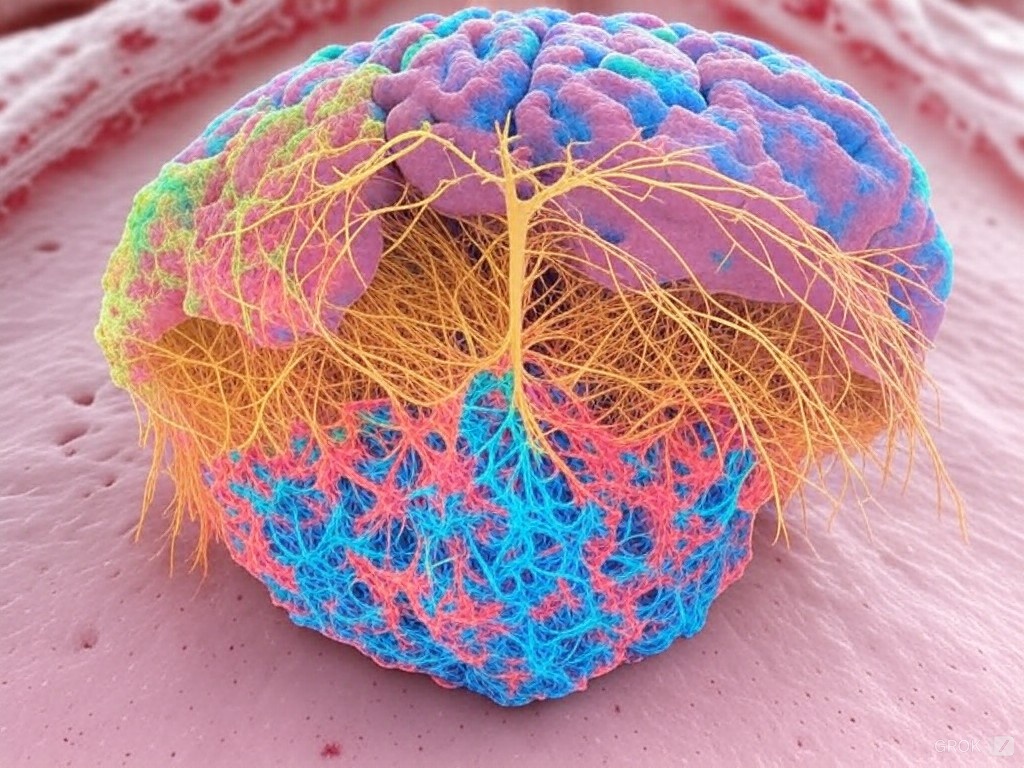NYU Langone’s High School Bioethics Project has developed an educational module focusing on chronic traumatic encephalopathy (CTE), a neurodegenerative disease linked to repeated head injuries, particularly in sports like football. This primer serves to educate students on the fundamental science behind CTE, including the role of tau protein, which accumulates abnormally in the brains of those with CTE, leading to various neurological symptoms.

Educational Content:
- CTE and Tau Protein: The primer explains how CTE is characterized by the buildup of tau protein, which can cause brain cell damage and result in symptoms like memory loss, confusion, impaired judgment, aggression, and depression. It highlights that CTE can develop without a history of concussions, emphasizing that even subconcussive hits can contribute to this condition over time.
- NFL and Biomedical Research: The module discusses the intersection of CTE with the National Football League (NFL), noting the increased scrutiny on player safety due to high-profile cases where former NFL players were posthumously diagnosed with CTE. It covers research trends, including studies that have shown even high school and college players are at risk, and the ongoing debate about the long-term effects of playing football.
Ethical Considerations:
- Safety and Risk: Students are encouraged to explore ethical questions about the inherent risks of football, questioning whether the nature of the sport can be fundamentally changed to reduce brain injury risks while maintaining its essence. This includes discussions on helmet technology, rule changes, and the ethics of allowing young athletes to participate in a sport with known health risks.
- Health Policy: The primer delves into policy implications, such as whether there should be stricter regulations on youth sports, mandatory reporting of concussions, or even reconsideration of how football is played at all levels. It poses questions about informed consent, the responsibility of sports organizations, and how much society should prioritize player health over entertainment or sport tradition.
- Public Health Ethics: There’s an exploration of broader public health ethics, such as the balance between individual choice and collective safety, the role of sports in fostering community and personal development versus the health costs, and how policy can be shaped to protect athletes without stripping the sport of its appeal or educational benefits.
This educational tool is designed not only to inform but also to provoke thought and discussion among high school students about complex ethical issues in sports medicine. By integrating these topics into the curriculum, the project aims to foster a generation that is more aware and critical of the ethical dimensions of sports and health policy.



